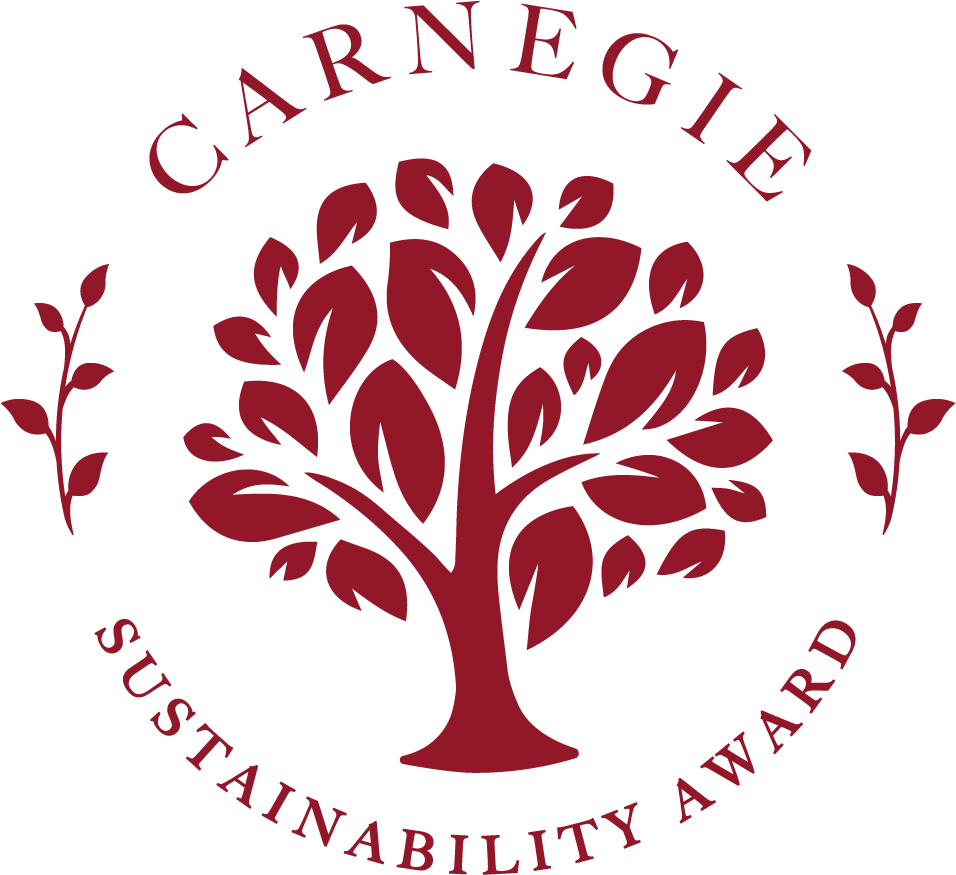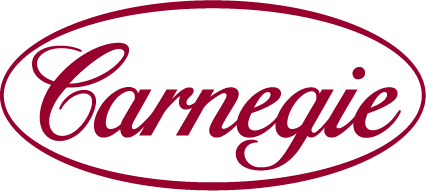Since 2019 Carnegie has awarded companies for their sustainability work with the purpose of shining a light on sustainable business models that create shareholder value and presenting good examples to inspire companies and investors.

”Sustainability continues to be a key differentiator for companies aiming to attract long-term investor interest. The winners of the 2024 award exemplify how businesses that integrate ESG deeply into their business models can align with evolving market demands,” says Lena Österberg, Global Head of Research & Sustainability Strategy, and founder of the award.
”In an era of heightened regulation and investor focus on ESG metrics, these companies also demonstrate that a commitment to sustainability not only enhances resilience but also drives financial performance and innovation. Investors are increasingly recognizing that companies with sustainability at their core are better positioned to navigate future challenges and capitalize on emerging opportunities,” Österberg continues.
”Sustainability continues to be a key differentiator for companies aiming to attract long-term investor interest.”Lena Österberg, Global Head of Research & Sustinability Strategy, founder of the award
The winners for 2024
Large cap: UPM
UPM is one of the leading pulp and paper companies in the world. Its strategy is to deliver responsible solutions and innovate for a future beyond fossil materials across its six business areas. In UPM, sustainability has been a core business driver for many years; most of UPM’s products are recyclable and renewable, and several of its market areas are experiencing structural demand growth driven by sustainability. The company’s significant innovation and patent activity, which outpaces most of its contemporary competitors in the pulp and paper business, demonstrates its extensive concentration on cutting-edge wood-based technologies to replace fossil materials. In Leuna, Germany, UPM is currently expanding its biochemicals capabilities. It is also considering growing its biofuels business and making investments that could increase its biofuel capacity by 5x over the next several years.
Small cap: Borregaard
Borregaard uses the three main components of wood – fibers, lignin and sugars (94% of the feedstock) – to produce specialty cellulose, lignin products and bioethanol in its
biorefineries. Its products function as additives or binding and dispersing agents for
agrochemicals, construction, batteries, and other industrial applications. These replace oil-based alternatives, thus reducing the carbon footprint of its customers’ value chains, and often come with superior performance to these. Borregaard is the market leader in lignin based biopolymers (~40% share) and the only producer of wood-based vanillin. It is also a leading producer of specialty cellulose (~10% share), and fine chemical intermediates, and a significant producer of second-generation bioethanol. There has not been added any capacity like Borregaard’s since the 1980s, due to the significant barriers to entry. Growth stems mainly from continued product innovation, which moves existing volumes into highervalue niches, and increases the average selling price. On a rolling basis, ~15% of Borregaard’s revenue stems from new products, which have been developed over the past five years.
Best newcomer: engcon
engcon is the largest global supplier of tiltrotators and associated equipment that
contributes to reduced carbon emissions through direct savings in fuel and indirect savings through increased productivity and flexible work. The tiltrotator’s contribution to resource efficiency per excavator (30 tonnes diesel) is around 25% increased productivity, which translates into some 16,200kg CO2 savings per year. In addition, the tiltrotator and associated equipment can replace the need for a higher number of machines for some projects and reduce the wear and tear of excavators by 20–40%, prolonging their lifetime. The tiltorotator also creates a safer way of working, reducing workplace incidents. To meet future demands, the new third generation tiltrotator system is taking progressive steps towards sustainability, applying smart technology to reduce energy consumption, and is adapted to be ready for the electrification of excavators.
About the award:
Carnegie established the Carnegie Sustainability Award in 2019. The winners in three
categories are chosen from among the ~500 listed companies covered by Carnegie Research, representing approximately 95% of the stock market value in the Nordics, and the purpose is to highlight good examples of sustainable companies and to inspire others.
Previous winners:
Larg Cap
2023 Novo Nordisk
2022 SCA
2021 Ørsted
2020 Neste
2019 Nibe
Small Cap
2023 AF Gruppen
2022 Vaisala
2021 Camurus
2020 Scatec Solar
2019 Thule
Best newcomer
2023 Kempower
2022 OX2
2021 Pexip
2020 K2A
2019 NCAB
